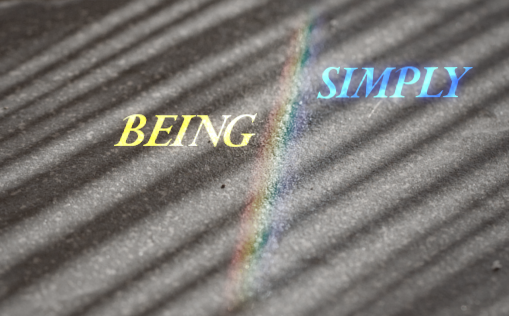Catholics and Protestants differ on a variety of points; and on the relative importance of these points. To a Catholic, the sacrament of the Eucharist is primordial, but a Protestant can easily have communion once a month, if that. To a Protestant, there is a wealth of Catholic doctrines that sound heretical; but I suspect that stuff like the Immaculate Conception is about as abhorrent to most Protestants as an Arminian point of view is to Calvinists: in short, there are disagreements, but not to the point of considering the other non-Christian.

Photo: Andrea Schaffer, re-used under CC license
There is, however, one particular difference around which passions are unleashed. Protestants tend to be adamant about sola fide, salvation through faith alone, at the exclusion of works before and after conversion; whereas Catholics would tend to argue that works after conversion are a way unto salvation (1). And yet Protestants and Catholics alike agree on the good nature of works, and on their necessity after conversion: after all, faith without works is dead.
Works are an expression of an identity
I see works after faith as an expression of a new identity: one of a people redeemed and unconditionally loved, with a drive to serve God and neighbour. If it is the expression of an identity, then, it is not a karma-like tally of good versus bad deeds, where grace might be so diminished to prevent salvation or increased to the point of making the cross unnecessary.
Seeing works as the expression of my identity as Christians has a few implications:
1. Firstly, an identity is a pervasive element. It is permanently active, and these works do not happen at pre-determined times. Being a Christian is not a Sunday-only thing; but far more than that, it’s not a Sunday and midweek church/Christian Union-only thing. It is rather unsurprising, then, that we are told to pray at all times.
2. Secondly, an identity has an arguably predominant interactive element. The way in which it is displayed depends on who is around us. It doesn’t mean being two-faced about what we say depending on our entourage, but it does mean that we should adapt our action to those around us. Not just in style (although that is important too) but also in nature. See, that’s a major part of the Incarnation: that Jesus’s heart goes out to people, not simply to situations.
Being a Christian means being available
I think that if we start seeing works in that way, we will also start to try to be Christians rather than to do Christian stuff. Part of that means we should avoid being busy. That’s not to say that we should be idle. Quite the contrary! But we should be interruptible and available. We should be able to consider our works as who we are when we are not doing anything.
Otherwise, our identity will become what we do, and pride will be just around the corner from that.
—
(1) For a more detailed, yet probably more headache-inducing account of the commonalities and differences of Catholic/Protestant beliefs, read Hooker
